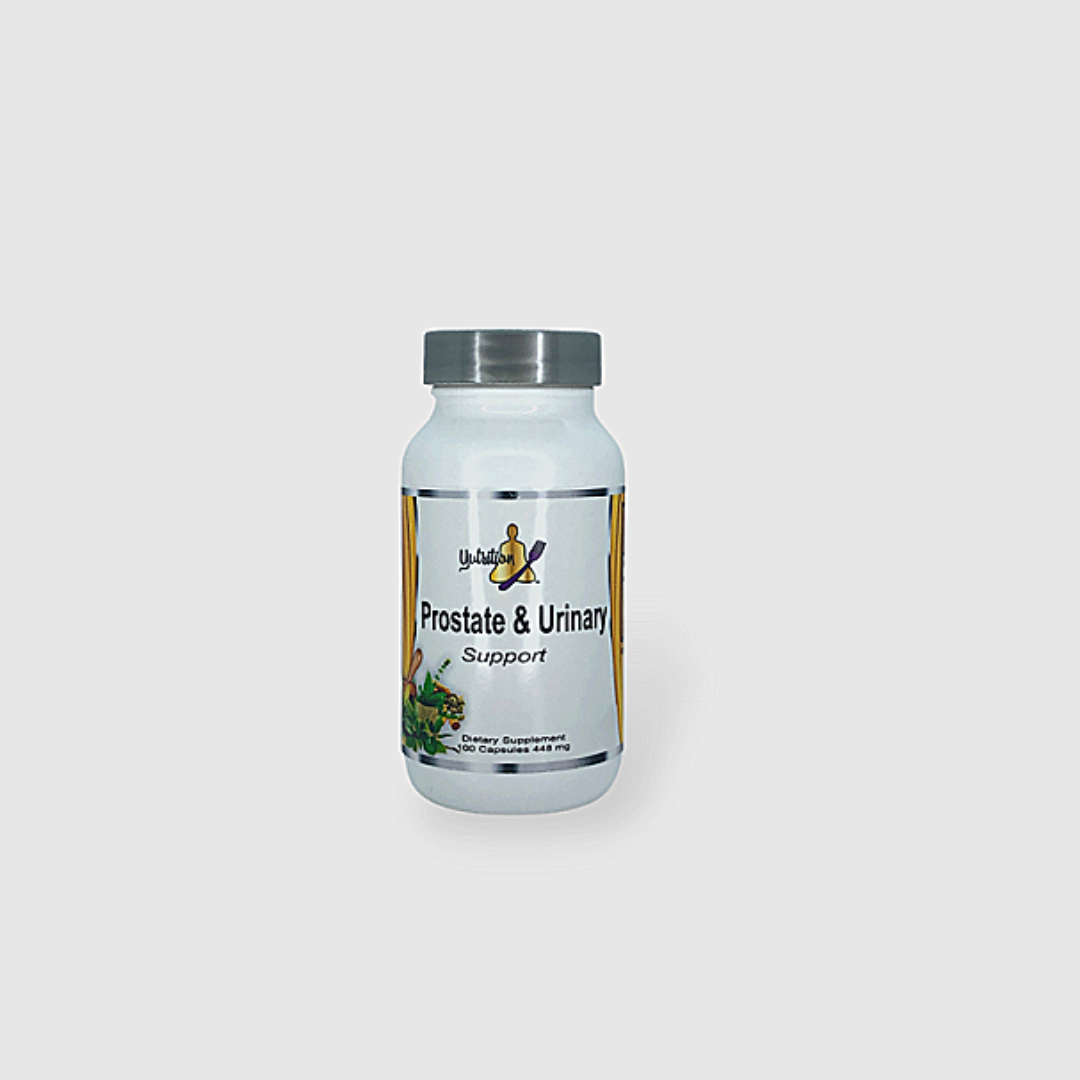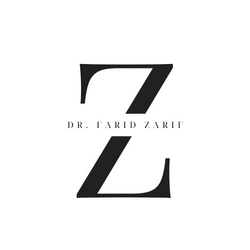Executive Life Diet Store
Prostate & Urinary Support
Couldn't load pickup availability
Corn Silk and Saw Palmetto have been recommended by doctors and urologists for healthy healthy prostate function.
Corn Silk:
- Corn Silk has been used for hundreds of years as an aid to men’s health. It is believed that the use of corn silk originated in Central America.
- Traditionally it has been used to support the bladder and kidney function. Because it is so fiberous it also supports healthy digestion.
- It is classified as a diuretic and may help to aid the secretion and flow of urine. It is also classified as a demulcent. Demulcents are defined as; raw matereials that may be soothing to irritated tissues.
- Corn silk is a naturally rich source of flavonoid antioxidants.
- Maysin is one of the flavonoids that exist in corn silk.
- Antioxidants are plant compounds that protect your body’s cells against free radical damage and oxidative stress.
- Oxidative stress is one of the major causes of a number of health conditions that exist today in the United States.
- Test-tube and animal studies have found that corn silk extract may reduce inflammation by suppressing the activity of two major inflammatory compounds with the flavonoids.
- Corn Silk is the fine stringy portion of a corn cob that usually gets thrown away.
- The stringy plant fiber contains the mineral magnesium.
- Magnesium may help regulate your body’s inflammatory response.
- The stringy plant fiber contains the mineral magnesium.
Saw Palmetto:
- Saw Palmetto are the little berry like pods that hang from the trunk of most species of palm trees.
- Serenoa Repens is the species that is most commonly used as a supplement.
- This species grows in abundance on the tropical desert areas of the American Continents.
- Saw Palmetto is used as a natural supplement to help maintain a healthy prostate.
- Saw palmetto supports a healthy urinary tract in older men.
- Saw Palmetto has an active compound called Lyposterolic Acid.
- It is thought that Lyposterolic Acid effects the uptake of testosterone and thereby assists in the maintenance of the male urinary tract including the prostate gland.
- Lyposterolic Acid may also have a possitive effect on the male reproductive organ function as well.
- Saw Palmetto has an active compound called Lyposterolic Acid.
Pumpkin Seed:
- Pumpkin Seeds contain phytosterols which have been found to be effective in promoting the health of the prostate gland.
- Pumkin Seeds are rich in zinc.
- Normal prostate function relies on optimal zinc levels.
- Pumpkin seeds contain the compound phytosterol.
- Phytosterol is a protective compound that may interact as an inflammatory response mechianism.
- Pumkin Seeds also contain chemicals that may prevent some transformation of testosterone into dihydrotestosterone (DHT).
- Dihydrotestosterone is thought to be a contributing factor in aging prostate glands
Beta Sitosterol:
- Beta-sitosterol is one of many sterols that come from plants.
- Beta Sitosterol is one of the phytosterols found in foods like rice bran, wheat germ, corn oils.
- Phytosterols bind to the prostate gland to interact with the health of the gland.
- Beta Sitosterol has a cellular structure similar to cholesterol.
- It is theorized that the similar stucture to cholesterol may inhibit the production of cholesterol and have a positive effect on cholesterol levels in the blood stream.
- Beta-Sitosterol is theorized to inhibit activity of 5-alpha-reductase. This in turn promotes the health of urinary tracts in men.
Lycopene:
- Lycopene is a natural compound that is found in bright red fruits and vegetables like tomatoes, watermelon, and grapefruit.
- Lycopene is beneficial to health and well-being because of its antioxidant properties.
- Antioxydants protect the body of damage from physical stress created by free radicals.
- Lycopene is being studied and tested to determine how effective it is with heart and arterial health, prostate health, bladder health, as well as health in the colon, and pancreas.
- Lycopene is thought to be good for healthy circulation and this may be the reason that Lycopene is so good for the prostate.
The information provided above is for informational purposes only. It does not reflect or relate to the performance or purpose of any products that contain similar materials.
The difference between a vegan and a plant-based diet
The difference between a vegan and a plant-based diet
The difference between a vegan and a plant-based diet
Is a plant-based diet the same thing as a vegan diet? Both meal plans have made headlines for their health benefits in recent years and while they are similar, there are some key differences: Vegan diets eliminate all animal products, while plant-based diets do not necessarily eliminate animal products, but focus on eating mostly plants, such as fruits, vegetables, nuts, seeds and whole grains.
What is a vegan diet?
“With a vegan diet, you eliminate all animal products, including dairy, meat, poultry, fish, eggs and honey,” says, Dr. Farid Zarif a bariatric medicine nutritionist, founder of Rhythmic Ingestion, author of "Slaves of the Tongue".
Some people choose to follow a vegan diet for ethical, environmental or health reasons. While going vegan can have health benefits, there are some pitfalls to avoid.
“Just because something is vegan doesn’t mean it’s healthy,” he says. “If you’re vegan, you can still technically eat vegan cookies, potato chips and other vegan junk food, which can be high in calories and low in nutrients. I recommend sticking to whole foods as much as possible.”
What is a plant-based diet?
Plant-based diets also emphasize eating whole foods, meaning the food has undergone little – if any – processing and is as close to its natural state as possible.
Plant-based foods include:
Whole grains (quinoa, farro, barley, oatmeal)
Plant-based oils (avocado, olive, canola)
What is the right meal plan for you?
“Regardless of what meal plan you choose, everyone’s diet should ideally consist of 50 percent vegetables,” says Dr. Zarif. “Fruit is healthy too, but I like to focus on vegetables because they have less sugar.”
When building your plate, aim for:
50 percent vegetables
25 percent whole grains
25 percent lean protein
“If you are not eating meat or other animal proteins like eggs, try beans or quinoa for plant-based protein,” he says.
Adding healthy fats – such as avocado oil when roasting veggies, a sprinkle of slivered almonds on your oatmeal or sliced avocado on your salad – will help you feel full for longer. And healthy fats have numerous other health benefits.
When to talk to your doctor about your diet
“It’s a good idea to see your primary care doctor to get a basic framework for what a healthy diet should look like for you, particularly if you have an underlying health condition or have had weight loss surgery, which can affect how your body processes nutrients,” says Dr. Zarif. “For example, if you have diabetes and want to eat healthily, be sure to eat small portions, not to exceed 2 servings”.
Also, if you are vegan, vegetarian or don’t eat many animal products, she recommends asking your doctor to check your B vitamin levels.
“B12 deficiency is common in vegans because it’s a nutrient that we need to know more about, along with its varying sources,” he explains. “If you don’t consume many animal products, talk to your doctor about taking a supplement.”
Calcium is another important nutrient that can be hard to get when you don’t eat dairy products. Dr. Zarif recommends eating and drinking calcium-fortified plant-based milk (like almond milk) or other calcium-fortified foods.
“If you’re not getting three servings of calcium-rich foods each day, ask your doctor about adding a supplement,” he says. “Try to get at least some calcium from your diet because taking too many calcium supplements can cause adverse side effects.”
Is a vegan or plant-based diet healthy?
If you eat plenty of vegetables, fruits, healthy fats and whole grains, you should still get a good chunk of your daily vitamins and minerals because plant-based foods are high in many nutrients.
“If you’re going to follow a vegan or plant-based diet, think through it carefully and plan out your meals,” says Dr. Zarif. “You don’t necessarily have to go vegan to be healthy – plant-based is a good option for people who struggle with consistency and planning. If you are going to commit to a vegan diet, make a plan and be consistent about incorporating all the healthy food groups, including plant-based protein, so you don’t miss out on nutrients.”
What this book may do for you
What this book may do for you
Help you to change the narrative of outdate and ineffective lifestyles.
Shipping
Shipping
Share

Subscribe to our emails
Be the first to know about new collections and exclusive offers.

